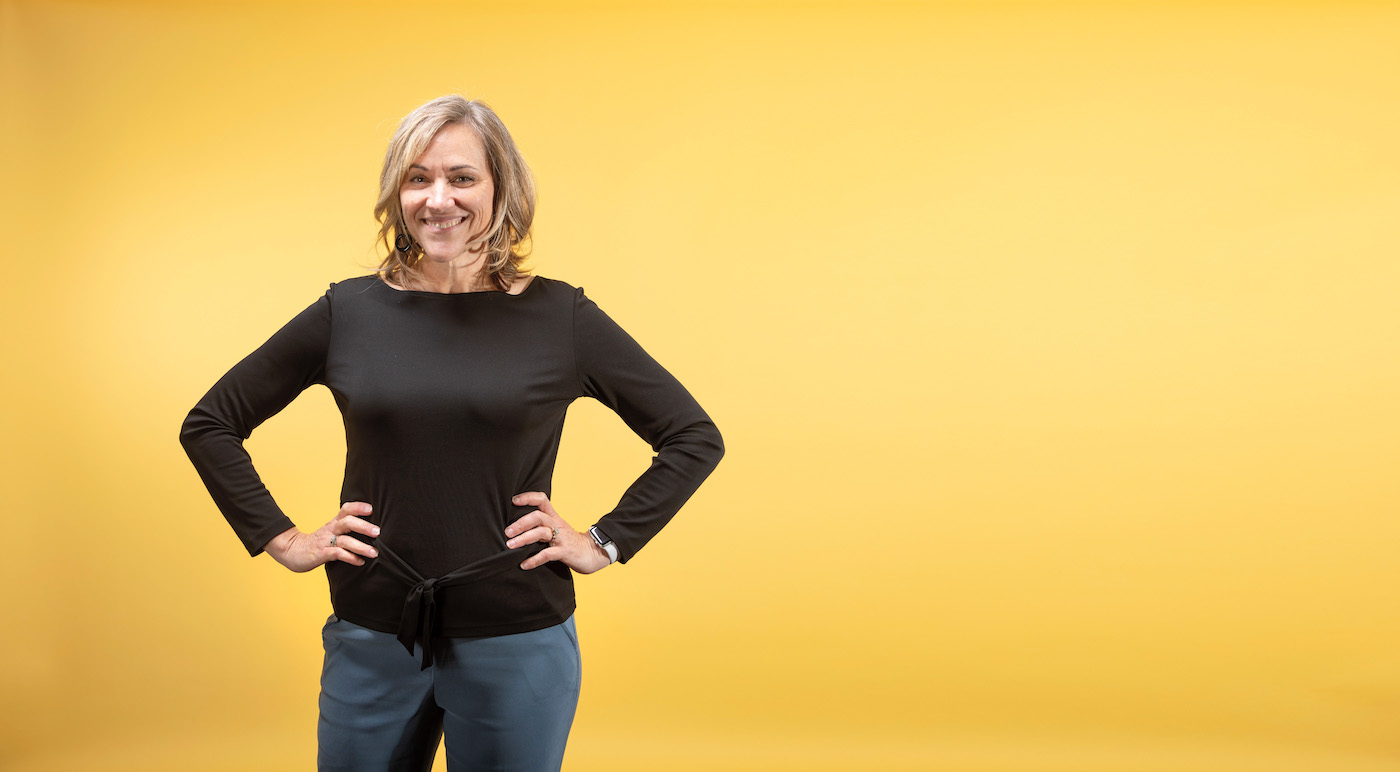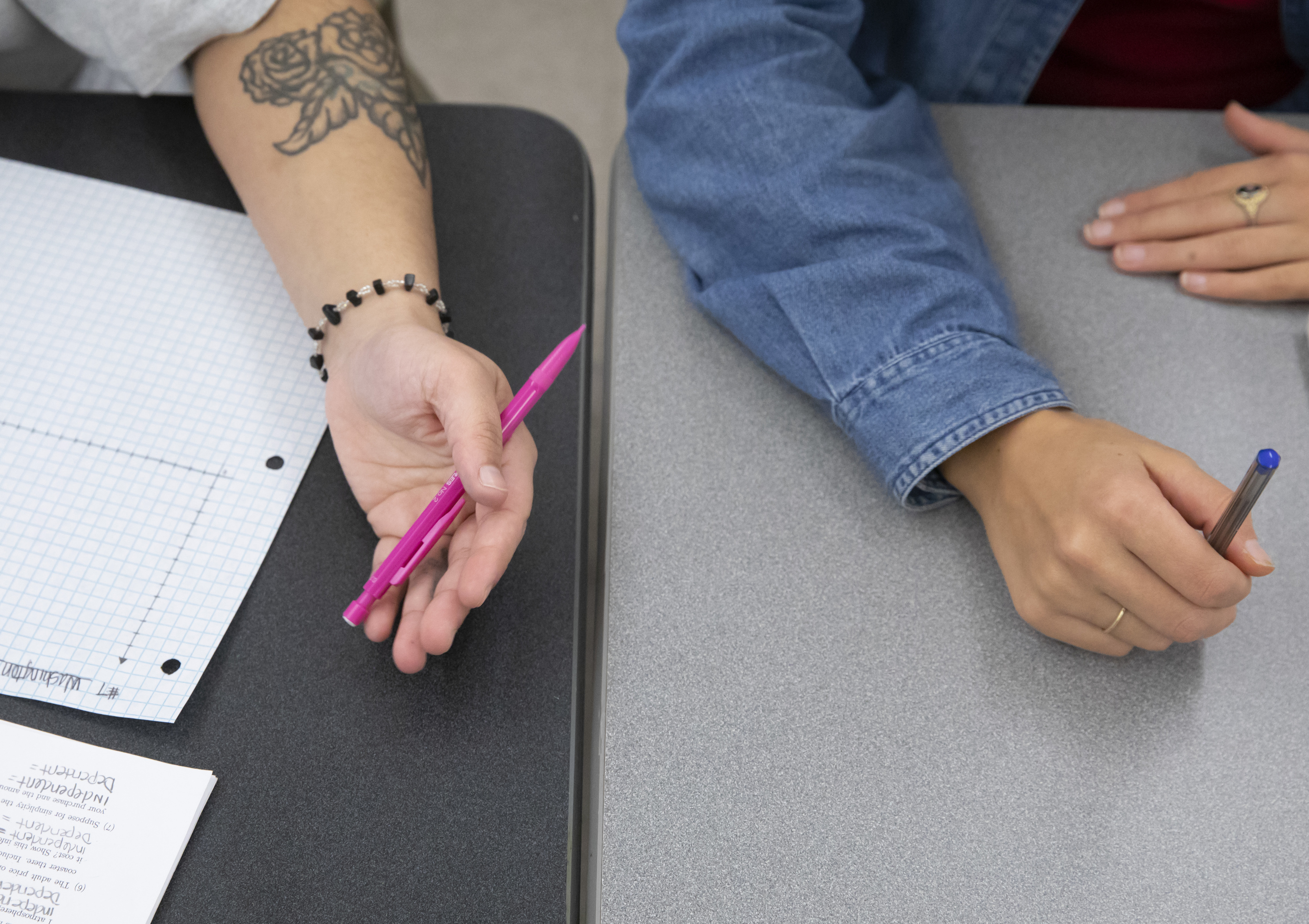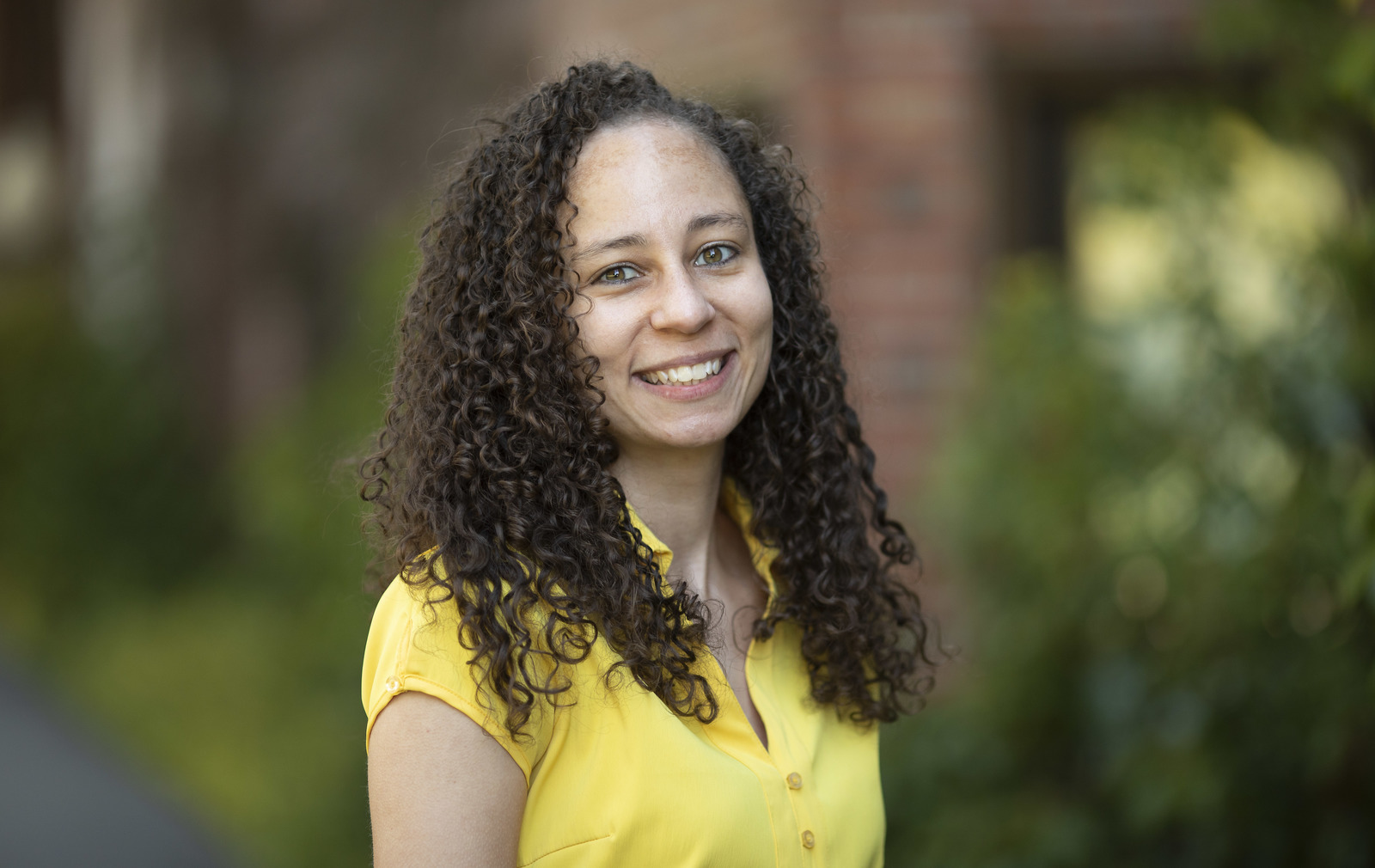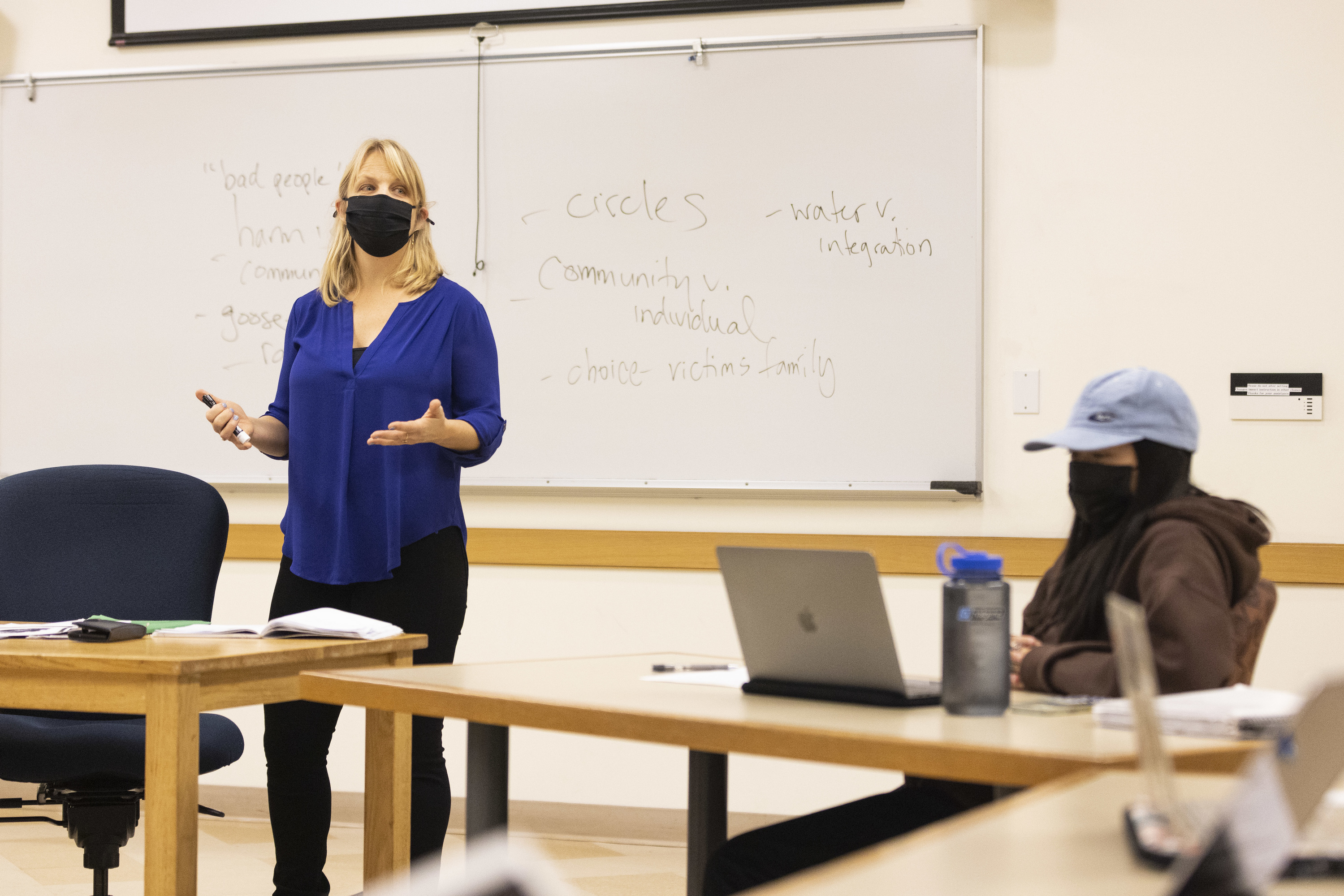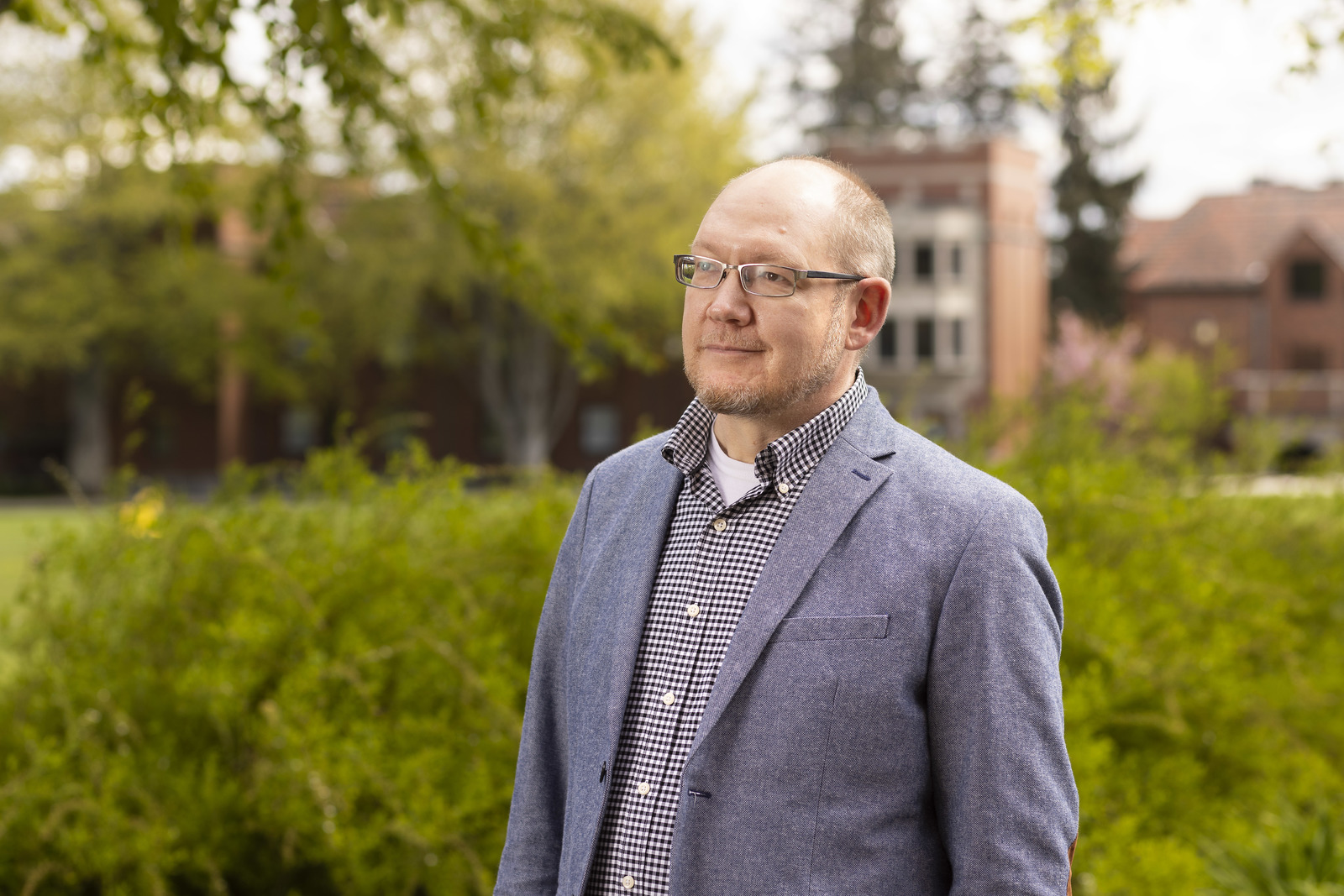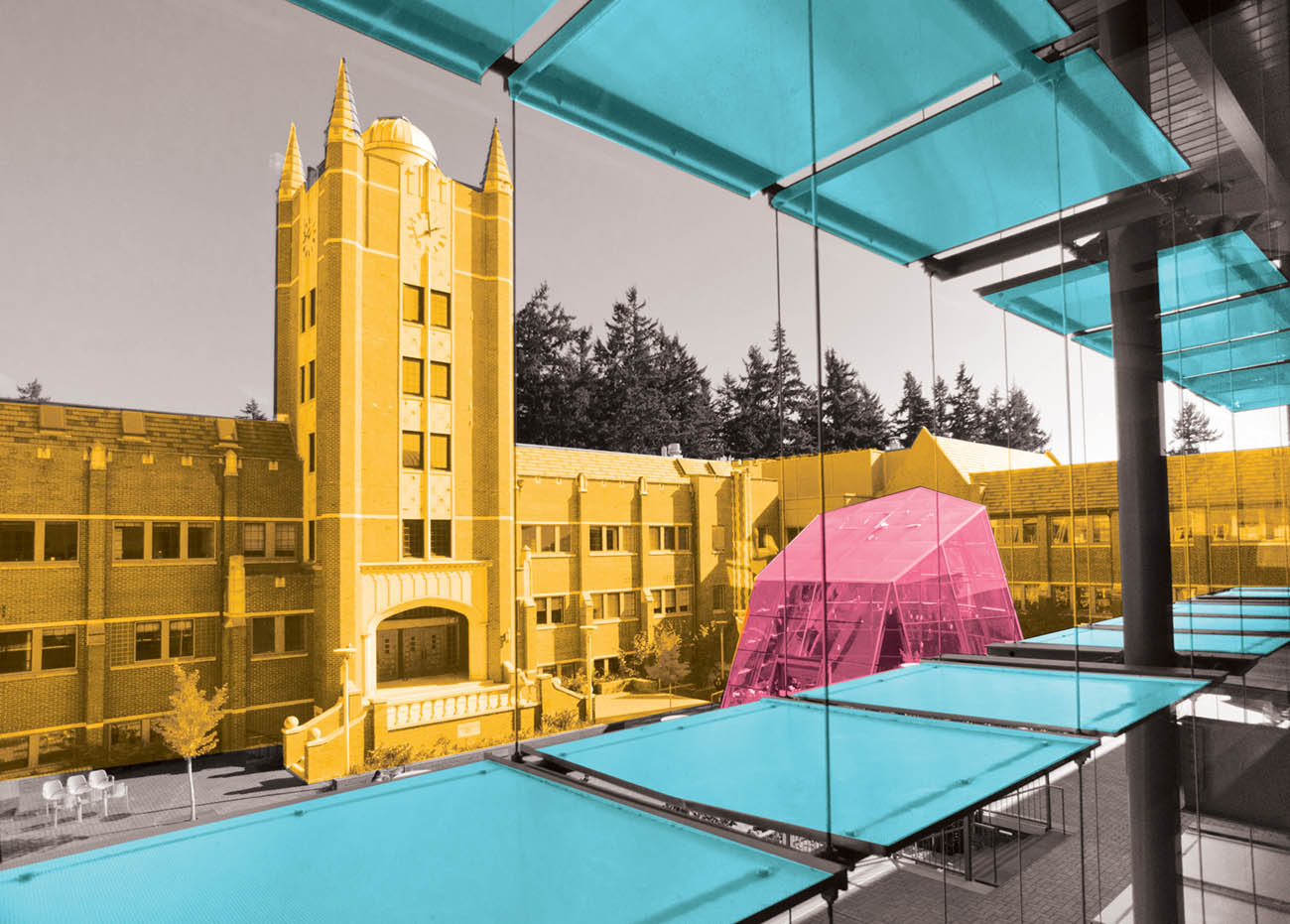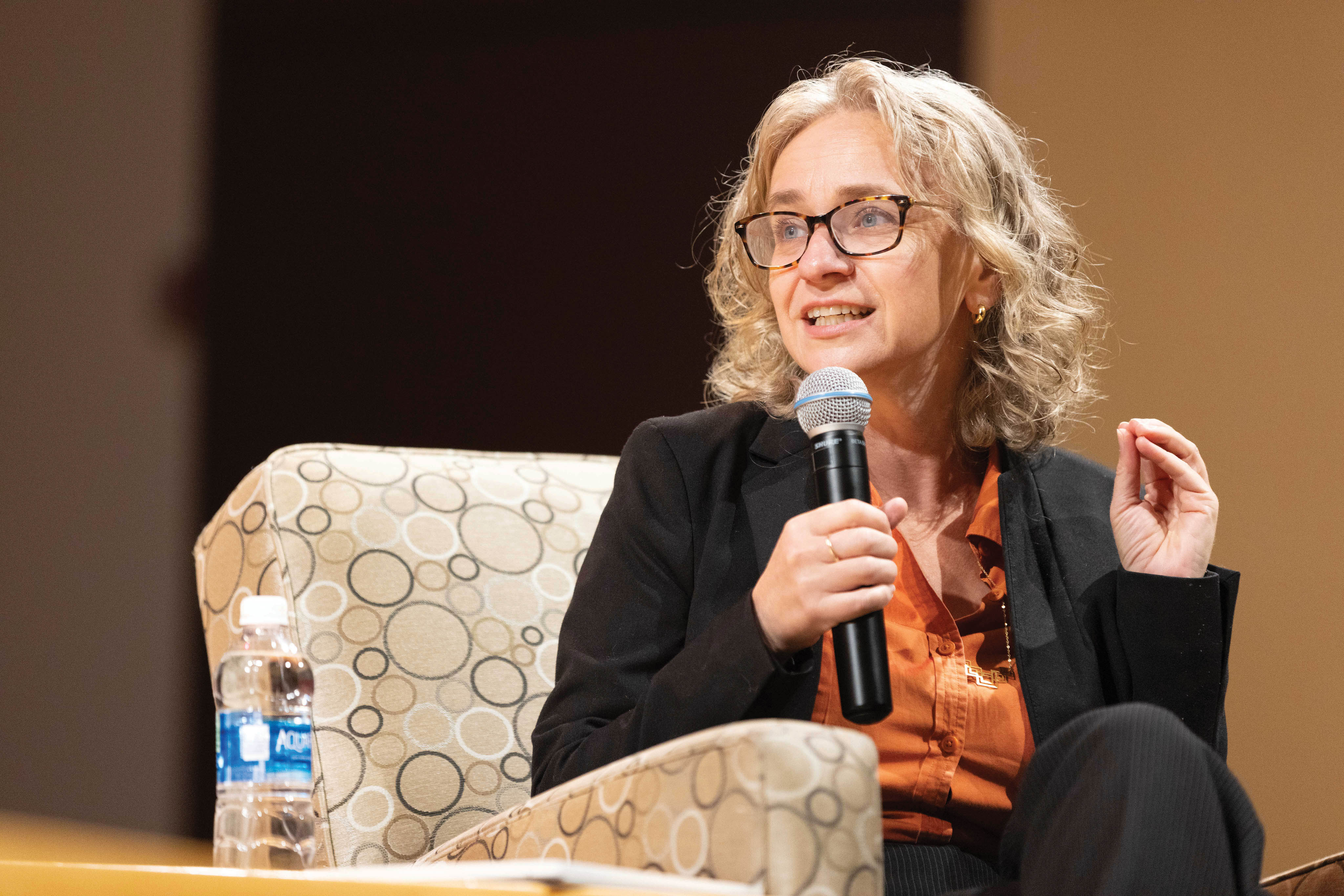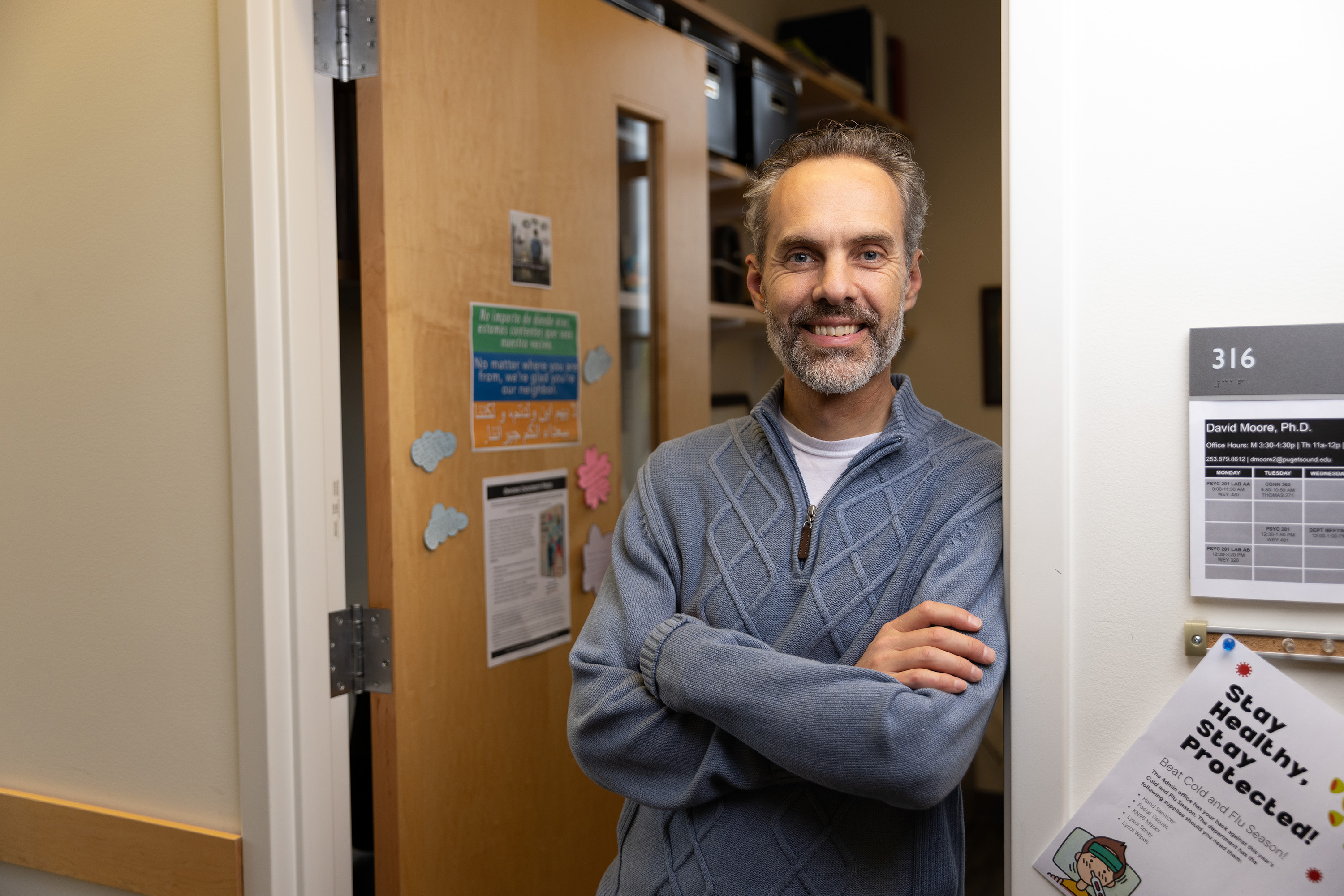As a child, Jill Nealey-Moore didn’t quite understand the appeal of psychology.
The daughter of two psychologists—one a professor at Oklahoma State University—she thought her mother’s grad students looked miserable and wondered why anyone would want to get a Ph.D. She took a different route in college herself, initially pursuing medicine. But psychology was in her blood, and soon she found herself more interested in how people felt about their illnesses than in healing them.
It turns out she was onto something. Science was just beginning to embrace a new way of thinking about how the mind affects one’s health—a field now known as psychoneuroimmunology. Inspired, Jill earned her bachelor’s degree in biopsychology from the University of California, Santa Barbara, and spent the ’90s in San Francisco, embedded in HIV research. After grad school at the University of Utah, she and her husband, David Moore, joined the faculty at Puget Sound.
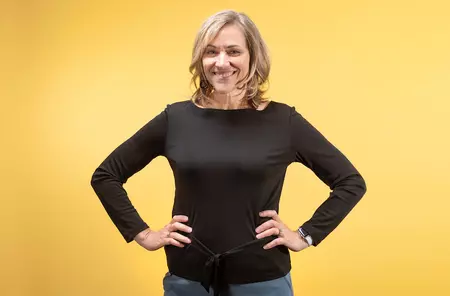
Now an associate professor of psychology, she’s pursuing another new frontier, as co-founder and chief operating officer of advertising startup Humming Inc. I spoke to her in Humming’s 12th-floor offices in downtown Tacoma about her passion for reimagining herself—and how she’s applying what she’s learned to a more entrepreneurial world.
Q: You’re a classically trained clinical psychologist helping lead an advertising startup. How did that happen?
A: I like being useful. I like solving problems. I’m also a runner, and when my kids were in middle school, their school was starting a cross country program, so I volunteered to help. The head coach was this guy named Bill Herling, a young tech entrepreneur. We worked well together with the kids; he’d come up with an idea, and I’d work to make it happen. At the end of that year—it would’ve been 2017—he said, “I have this tech company, and you’re a people person. I think you should be my VP of people.” At that point, he just had some developers meeting in coffee shops in Seattle, building an app that allowed people to make their own ads. I was just going to help with hiring and cultivating a healthy culture, but he promised that if we built a company, I could help keep it healthy. One thing led to another, and between wanting to be helpful and having a chance to apply what I know about people and how to help them thrive, I ended up just diving in.
I approach business and tech from a different lens, and that allows me to ask questions that maybe others don’t. Some of my approach has been informed by what I’ve been doing at Puget Sound: figuring out how we interact and how we structure policies that could really make people happy and productive. I was given this opportunity to take what I know and apply it to a business, so I did.
Q: Much of your work is in the intersection of the mind-body connection. You teach about it, and have a private practice where you specialize in it. How does that work translate to the business world?
A: I’ve always tried to take insights from one area and apply them to another, seemingly nonrelevant, area. I teach Connections 320, Health and Medicine, which has as a big overlay understanding stress and its impact on our body. That class made me focus more on stress that comes from occupational settings, which has a huge impact on our health. That laid a foundation for entering the business world. Fundamentally, we have to be healthy as people and as a system to do our best work. Coming to Humming meant taking all of the health-related information that I had around stressful environments—the interpersonal-related information, my experience as a therapist, and my experience in HR-related areas—and transforming that to help a whole company function.
Q: What does the company actually do?
A: We harness artificial intelligence to transform how businesses make ads. We’ve built a platform that simplifies advertising and makes it easier for small businesses, in particular, but really any business to make an ad and get it out to where they need to on the web. We can use AI to generate an ad for people based on their website, as a way to get them started. The goal is to reduce barriers for people and put the power to advertise back in the control of customers themselves, pushing back a little against a system that makes it tough. As the COO, I do a lot of figuring out what people want and need—both customers and team members. But in a startup, you wear a lot of hats. I fundraise, do a bit of sales, gather feedback on the product, and, ultimately, figure out how to make this company operational within the CEO’s vision.
Q: What have you learned from this job?
A: If you had asked me a year and a half ago if I ever thought I would be the co-founder of an advertising tech company, I would’ve laughed. I don’t know anything about business, I’m not interested in it—and I don’t even like advertising. All of us here are like, “We hate advertising!” At least as it exists today. But that’s what entrepreneurs and innovators do: They see something that’s broken, and they say, “We can do this better.” It feels good to be able to take what I know about health and psychology and apply it so differently, both helping build a company and helping solve a really common problem for people.
